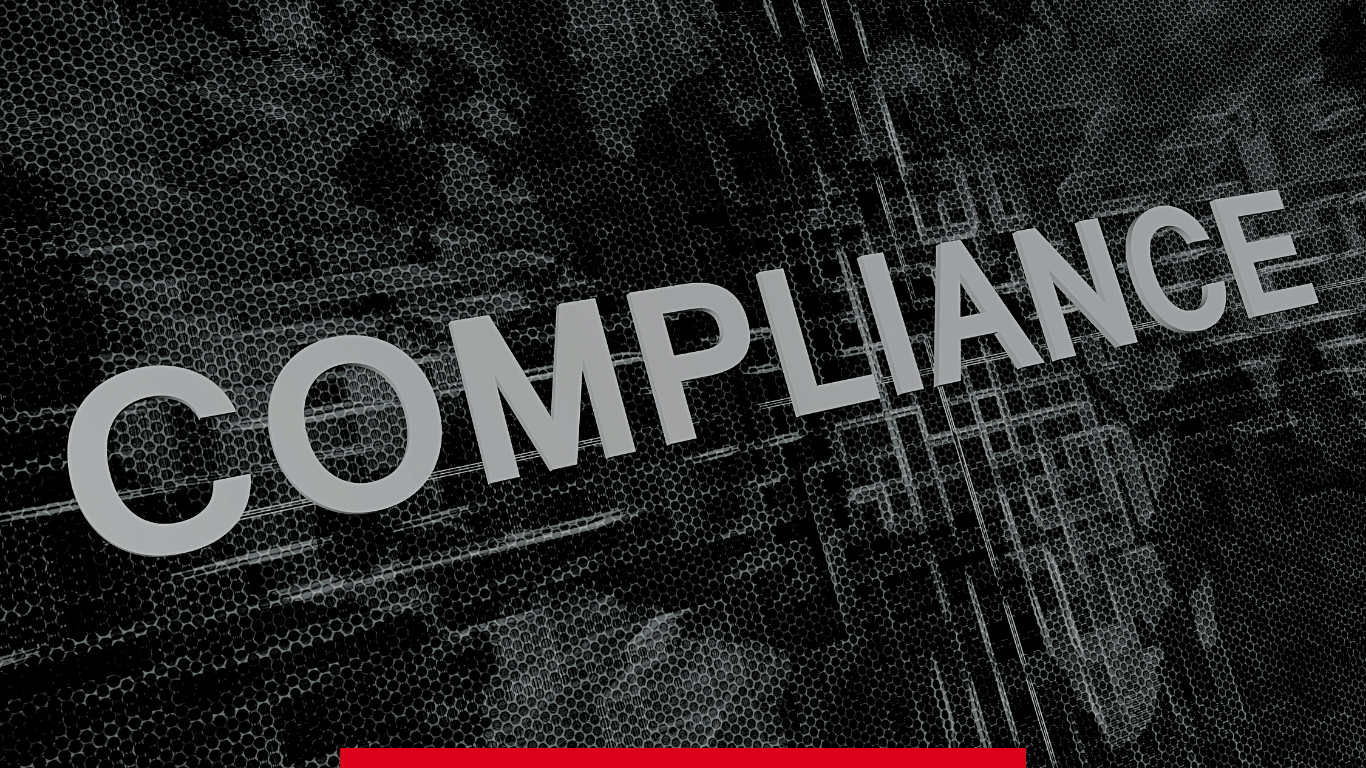What is ISO 27001? Ultimate Guide for 2022
ISO is the International Organization for Standardization. The main purpose of its existence is to simplify a variety of concepts and standardize it
PII (Personally Identifiable Information) can be defined as data that directly identifies an individual, for example, their name, personal address, social security number, or any other code that can help represent their identity. This information could comprise a mix of gender, race, date of birth, geographic indication, and other similar descriptors.
PII is important and needs to be protected because it could be used to perpetrate fraud or steal someone's identity if it falls into the wrong hands. An impersonator will require different types of information depending on what the cybercriminal is trying to do. For example, some accounts only require an email address to open, while some may also demand your name, address, date of birth, social security number, and other private information.
These days, it is possible to open an account over the phone or through the internet without visiting the physical location of its service. Unfortunately, this has allowed identity thieves with enough stolen information to open bank accounts or make insurance claims impersonating another person.
The easiest and most effective method to safeguard your data is to expose as little of it as possible. Keeping only a small amount of information in a single, highly secure location decreases the chances of it being leaked or manipulated by unauthorized users. This applies to both digitals as well as the physically stored data.
It is important to note that any time you put sensitive data on a hard drive, thumb drive, or other devices, it leaves a track that may be accessible using simple software. Therefore, physically destroying all expired files and unusable devices is the best measure to ensure the safety of your PII. Electronic destruction services can shred or degauss your gadgets, ensuring that the data stored on them can never be accessed again.
A compliance issue is a single occurrence in which any responsible team member of an organization or an enterprise violates one or more mandatory processes or procedures.
Incompliance can be a significant concern for the company’s CEO and CFOs. It could result in substantial financial penalties and even a possible legal action. Many executives may reason that the cost of non-compliance is cheaper than the expense of bringing technology and data operations into compliance. However, comparing the expense of non-compliance to the cost of getting your company into a regulatory standard of compliance can be eye-opening.
Apart from fines and penalties, there are many other issues that come with non-compliance; some of them are:

Many businesses suffer from inadequate execution of industry standards in their hurry to attain compliance and get the company back on track. A bare-minimum strategy usually results in immaturity in organizations, making it difficult to create a constant level of compliance.
One strategy to deal with this issue is to analyze your company's compliance requirements. Unnecessarily often, people are making compliance too difficult and time-consuming by generating additional paperwork and procedures or entrusting the job to untrained internal employees. You need a simpler, personalized approach to compliance; maintain the essentials and toss out the elements that are not necessary.
If your organization lacks the technology to counter compliance, you will have problems now and, in the future, when it comes time to renew your certifications.
The correct technology and its use can assist you in determining whether you are meeting key performance indicators and staying on schedule. Technology can assist you to stay on top of your responsibilities, from monitoring daily operational changes to keeping track of employee compliance. You can even use technology to send compliance reports to board members, directors, regulators, and other stakeholders quickly and easily.
The main goal of your business is to sell products and services, and because compliance does not appear to have a direct impact on your operations, it tends to get ignored. However, on the other hand, procrastination is a significant compliance issue that can cause severe problems for firms in various industries.
Compliance has an impact on every department in your company. Every department in your company functions separately from the others in many ways. However, when it comes to compliance, each department is responsible for its own set of rules. Some executives request that each department manage compliance in its own unique method and report back. Reports are complex, and details fall through the cracks due to the lack of homogeneity.
It is important to be aware of how a business secures its personal information and who has the authority to access it. Also, it is very vital for every executive of a company to be aware of the importance and the applicability of compliance in their business. In this case, ignorance will not be bliss. Failure of compliance could result in profoundly serious consequences and could impact on their overall business performance and the company's reputation.